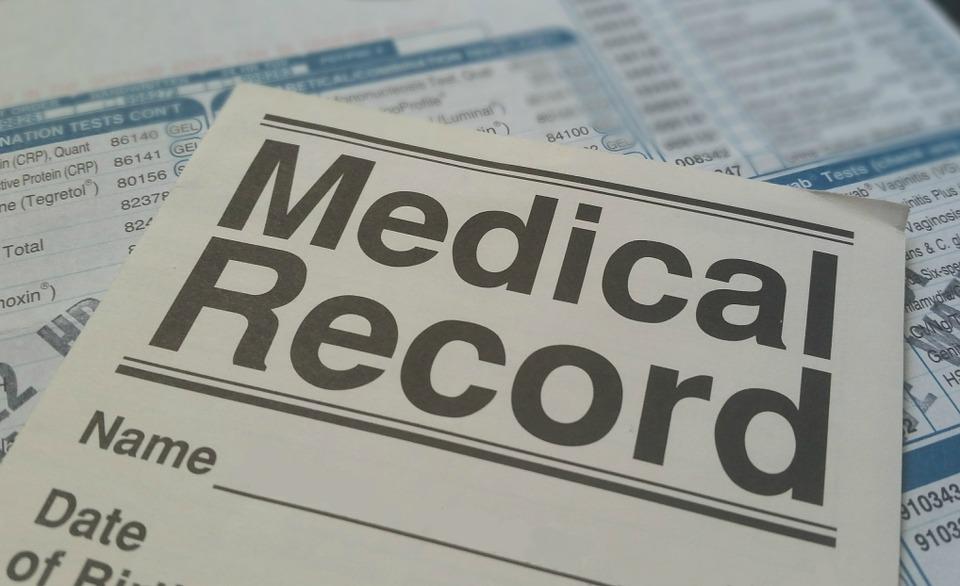Patient Access to Their Records is the Law

We have all heard of HIPAA, and most of us associate it with the safekeeping of personal health information collected by providers, healthcare practices, and facilities. However, the HIPAA Privacy Rule also mandates that you provide adequate access to patients to information found in “a designated record set” or their medical records. The rule allows patients to request copies of their records in several formats, including electronic, via a secure web portal, or as a printed copy, and federal law requires you to comply. This means, for example, that if a patient requests an electronic copy of a paper record, the provider is required to scan the paper information into an electronic format. Patient Access to Their Records is the Law
Right of Access to Patient Records
HIPAA governs the right of access rule and, recently, has been more clearly defined by the 21st Century Cures Act. The right of access rule under HIPAA allows patients to inspect and obtain copies of their health records from their providers. This means that as their provider, you are required to allow patients to either view or obtain copies of their protected health information in the manner they choose.
The 21st Century Cures Act, although signed into law several years ago, has only recently gone into effect. Part of this Act deals with the designation of the Office of the National Coordinator for Health Information Technology (ONC) utilizing electronic health records to improve patient care. After that, the ONC adopted a Final Rule targeting the support of seamless and secure access, exchange, and use of electronic health information.
The rule, known as the “information blocking” rule, changes the way you respond to requests for patient records. It calls on the healthcare industry to adopt standardized application programming interfaces (APIs), helping to allow patients to securely and easily access their electronic health information from certified EHR systems via smartphones, tablets, or computers. In addition, the rule requires that healthcare providers give patients access, without charge, to all the information in their electronic medical records “without delay.”
Understanding all the ins and outs of correctly providing adequate access to personal health records can be frustrating, but there are a few key things to remember.
Types of clinical notes that are required to be made available:
- Consultation notes
- Discharge summary notes
- Procedure notes
- Progress notes
- History and physical
- Imaging narratives
- Lab reports
- Pathology reports
Information that is not required to be made available:
- Any information not utilized to make decisions
- Psychotherapy notes such as those recorded during personal therapy sessions
- Any information being collected in reasonable anticipation of a civil, criminal, or administrative action or court proceeding
Patients may not always have access to the ability to view their records electronically and can request paper copies of their medical records. If you receive a request for paper copies, you must provide them within 30 days. However, a 30-day extension is allowed for specific situations, such as needing to pull records from storage. Also, you may be able to charge a reasonable fee to cover the costs of making the copies, such as for labor or supplies. Remember that some states have specific laws related to what can be charged for supplying medical records, so be sure you verify your state law before charging anything.
The bottom line is that you cannot refuse to provide access to a patient requesting their medical records, even if they cannot afford to pay the standard fee you charge, as it can quickly lead to a HIPAA complaint, audit, violation, and big fines.
__________________________________________________________________________________
Who is Billed Right?
In 2006, two business partners envisioned creating holistic services that help improve medical billing operations. They started by listening to doctors and building a service model around what doctors need the most. As a result, Billed Right’s Revenue Cycle Management (RCM) model was born. The focus continues to be on solving the problem rather than selling a product. Hence, Billed Right’s advanced RCM model revolves around personalized service in today’s corporate world while still cutting costs and improving patient care and practice revenue. As a strategic partner, we look to streamline your revenue cycle and operational management, thus helping you to grow your healthcare practice.
Contact Billed Right to learn more.







